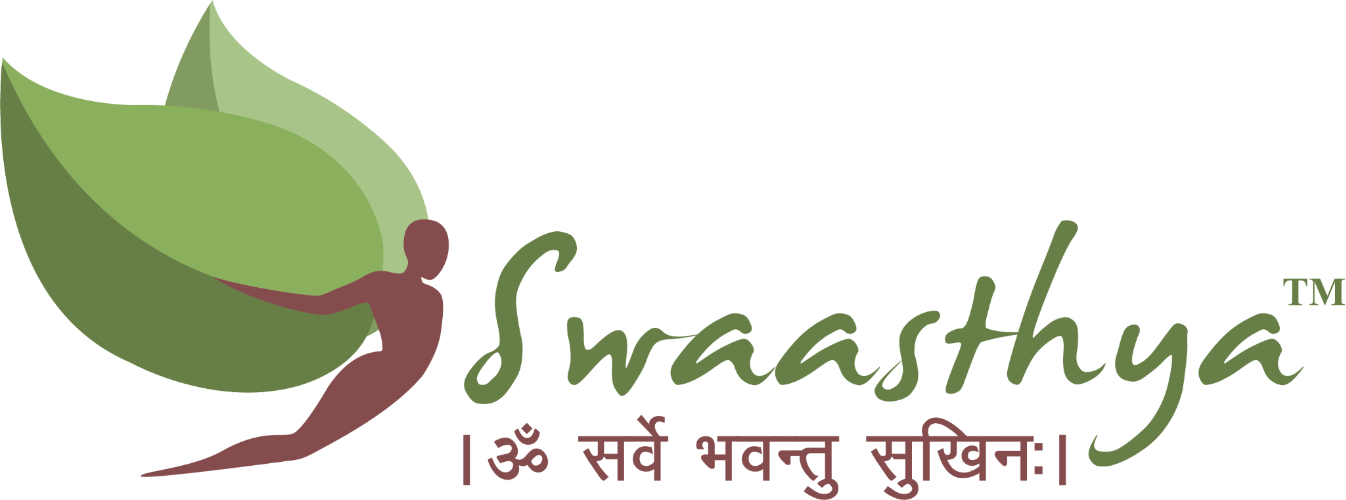https://www.carakasamhitaonline.com
In early years of last century, there was prevalence of acute infectious diseases like cholera, polio etc. and millions of people lost their lives and suffered from disability. Thanks to discovery of antibiotics that many of those diseases have been eradicated and average lifespan of people in the world has increased. Besides infectious diseases there have been great advancements in treatment of disease like cancer, surgical procedures, transplants to name a few. In spite of such progress, diseases are increasing, and more people are suffering and healthcare costs are skyrocketing. The current, so-called healthcare system is dominated by allopathic system which is mainly the disease care system and has a system to recognize a disease by identifying the physical symptoms, signs and laboratory abnormalities. The system works mainly by answering four questions:
- What disease is causing the symptoms? (diagnosis)
- What is causing the disease? (etiology)
- What is the effect of disease on body? (pathology and pathophysiology).
- What modality to use to remove or control disease? (treatment)
In other words, we identify the disease and try to remove it? Which is an offense strategy. This is like arresting more and more criminals in a crime infested society without working on its deranged societal conditions. We understand the solution for such crime infested areas is to improve the “Health” of such neighborhoods besides punishing the criminals. For prevention of diseases or to have defence strategy, system needs to identify the “symptoms and signs of health” which are not clear to the modern healthcare system and thus lacks the preventive strategy. In order to win war against disease we must have dual strategy of offense and defence. On the other hand Ayurveda has comprehensive understanding of health as described by Charak and Sushruta where five components of health are described as follows:
- Three dosha (interaction between epigenes and genes)- vata, pitta, and kapha - are the fundamental physiological governing regulators of the body,
- Agni (metabolic and digestive processes) This is characterized by interactions down to the subcellular level.
- Dhatu (principles that uphold the formation of body tissues) This includes but is not limited to bodily fluids, muscular, adipose, bony, and nervous tissue.
- Mala or bodily wastes produced to be recycled by or expelled from the body, and
- The state of sense organs, mind and the Soul.
Vedanta is one of the world’s most ancient religious philosophies and one of its broadest. Based on the Vedas, the sacred scriptures of India, Vedanta affirms the oneness of existence, the divinity of the soul, and the harmony of religions.
https://ramakrishna.org
https://www.youtube.com/c/VedantaNewYorkArchives





